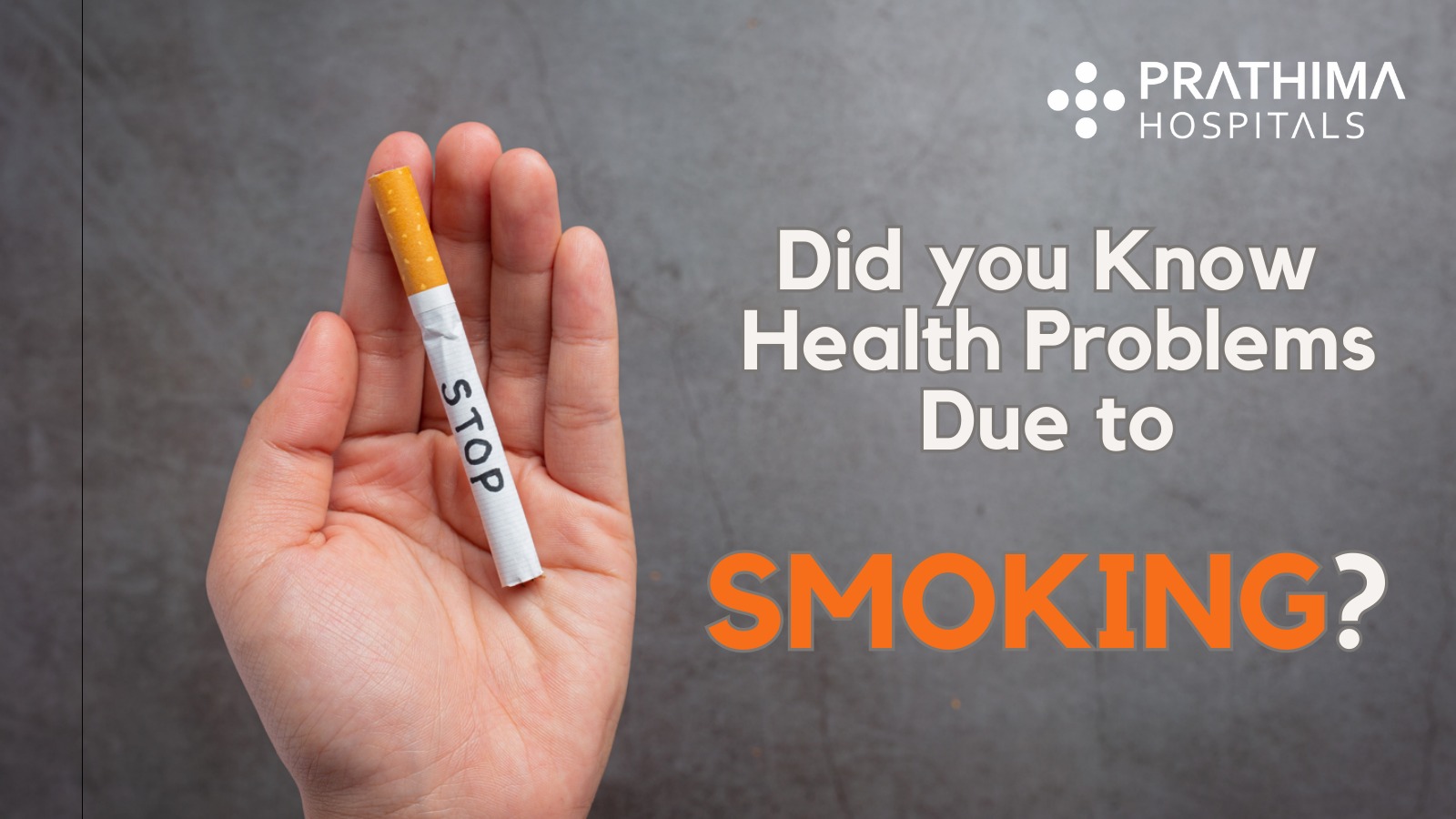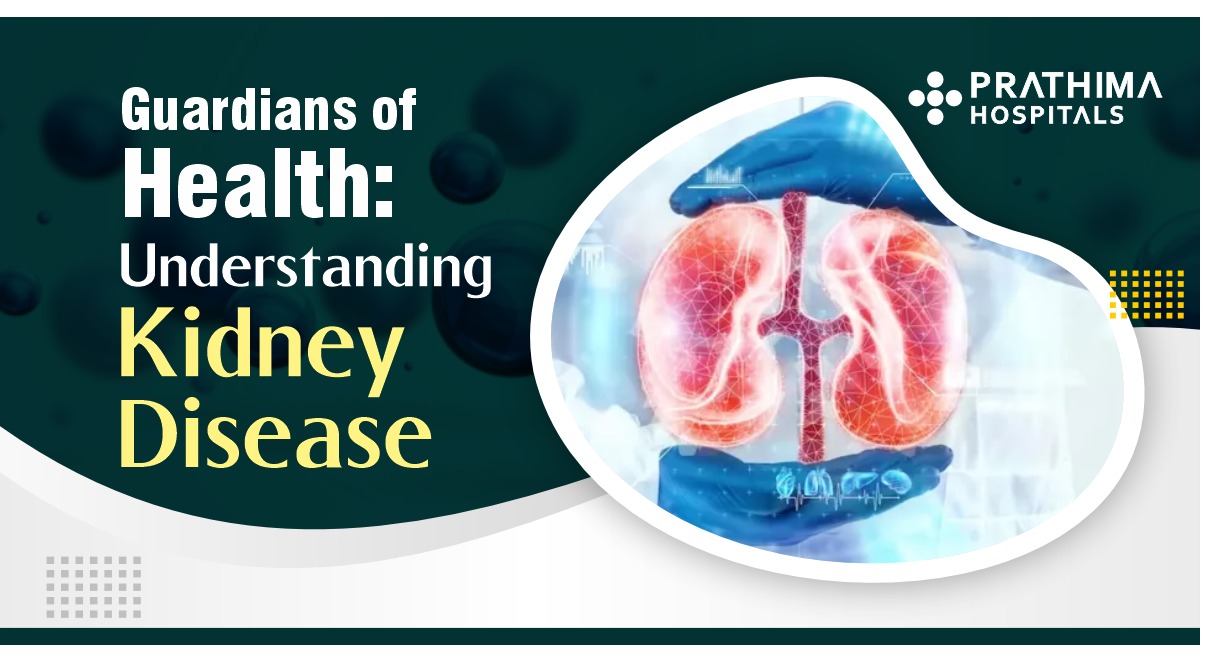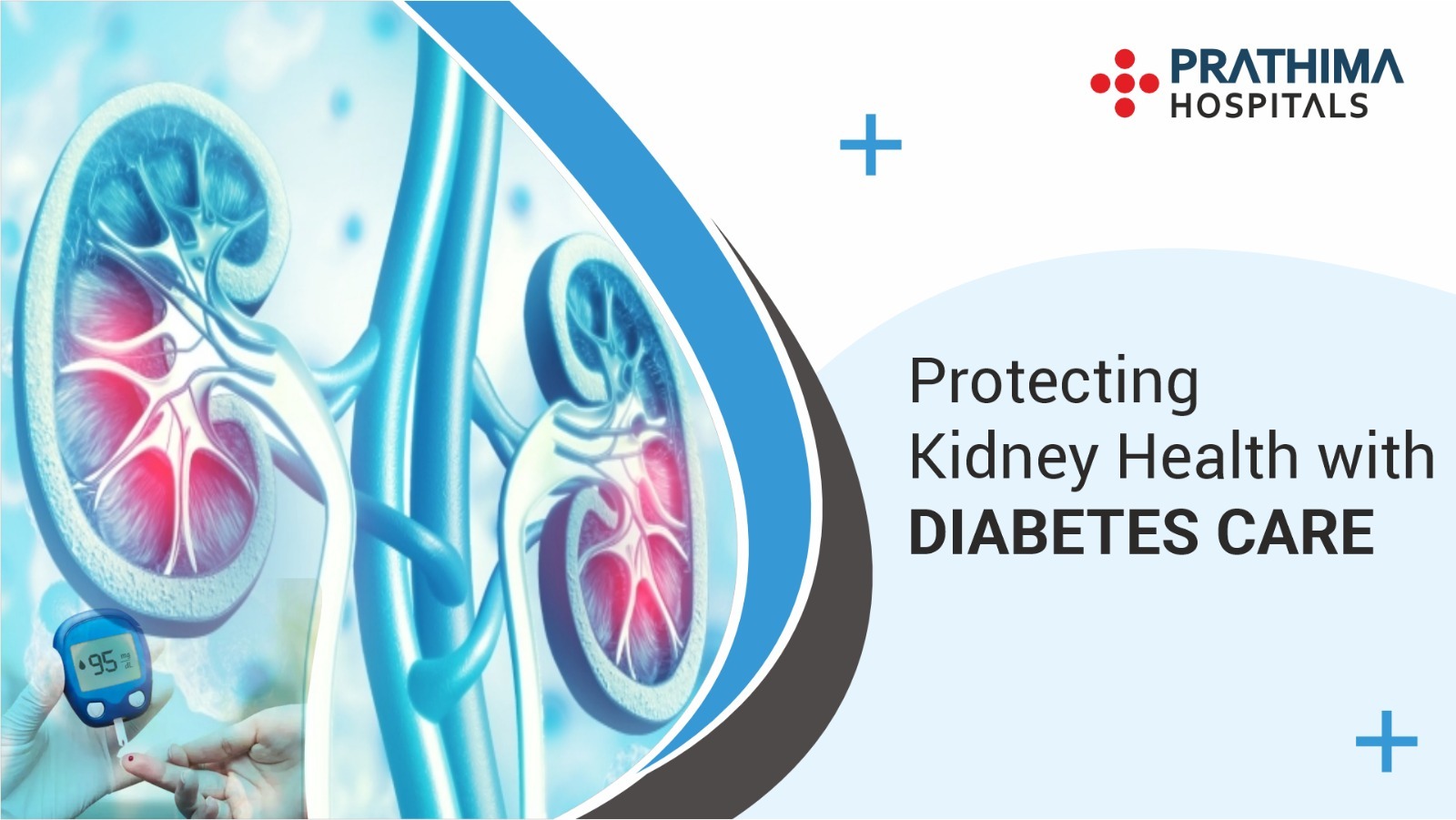Smoking and Its Detrimental Effects on Health

Disadvantages of Smoking
Introduction:
Smoking is a widespread habit that has plagued societies for centuries. Despite growing awareness of its detrimental effects, smoking remains a leading cause of preventable diseases and premature deaths worldwide as per General Physician in Hyderabad, Prathima Hospitals. This article aims to delve into the various health risks associated with smoking, highlighting the damage it inflicts on the human body.
The Impact on the Respiratory System:
The respiratory system is particularly vulnerable to the harmful effects of smoking. Cigarette smoke contains numerous toxic chemicals, including nicotine, tar, carbon monoxide, and various carcinogens. When inhaled, these substances severely damage the delicate tissues of the lungs, leading to numerous respiratory complications as per General Physician in Kukatpally.
Chronic Obstructive Pulmonary Disease (COPD) is one of the most common consequences of smoking. Chronic bronchitis and emphysema are included in this category. Smokers often experience persistent coughing, excessive mucus production, and shortness of breath. Over time, COPD can severely limit lung function, making even simple tasks, such as climbing stairs, a challenge.
Additionally, smoking increases the risk of lung cancer. The carcinogens present in cigarette smoke can cause genetic mutations in lung cells, leading to the uncontrolled growth of cancerous tumours. Lung cancer is among the deadliest forms of cancer, with a low survival rate. Quitting smoking significantly reduces the risk of developing this devastating disease.
Cardiovascular Complications as per Best Cardiologist in Kukatpally
Smoking poses significant risks to cardiovascular health. Nicotine, a highly addictive component of tobacco, constricts blood vessels, raising blood pressure and putting a strain on the heart. This increases the likelihood of heart disease and other cardiovascular conditions.
Coronary artery disease is a common consequence of smoking. The chemicals in cigarette smoke cause the formation of fatty deposits in the arteries, narrowing them and reducing blood flow to the heart. This can lead to angina (chest pain), heart attacks, and even heart failure.
Smokers also face an increased risk of developing peripheral arterial disease (PAD). In PAD, the arteries that supply blood to the limbs become narrowed or blocked, resulting in reduced blood flow. This can lead to pain, numbness, tissue damage, and in severe cases, amputation.
Effects on the Gastrointestinal System:
Smoking adversely affects the entire gastrointestinal system, from the mouth to the colon. The oral cavity is particularly vulnerable, with smokers being at a higher risk of developing oral cancer, gum disease, and tooth loss. The heat and chemicals from cigarettes irritate the gums, promoting bacterial growth and inflammation.
Furthermore, smoking is a well-established risk factor for oesophagal, stomach, pancreatic, and colorectal cancers. The harmful substances in tobacco smoke can damage the lining of these organs, leading to the development of cancerous tumours. Quitting smoking significantly reduces the risk of these cancers and improves overall gastrointestinal health.
Reproductive and Sexual Health:
Smoking has detrimental effects on both male and female reproductive systems. In women, smoking can lead to reduced fertility, increased risk of miscarriage, premature delivery, and low birth weight in infants. Moreover, smoking during pregnancy increases the risk of birth defects and developmental disorders in the child.
In men, smoking is associated with decreased sperm count, motility, and morphology, leading to infertility as per General Physician in Kachiguda. It can also contribute to erectile dysfunction, as smoking impairs blood flow to the penis. Quitting smoking can help improve fertility and enhance overall reproductive health.
Impact on Mental Health:
While often overlooked, smoking has profound implications for mental health. Many smokers turn to cigarettes as a coping mechanism for stress, anxiety, or depression. Nevertheless, smoking only temporarily alleviates these mental health conditions and, over time, exacerbates them.
Research has shown a strong association between smoking and mental health disorders, such as anxiety and depression. Nicotine, the addictive substance in cigarettes, alters brain chemistry and can worsen symptoms of these conditions. Furthermore, individuals with mental health disorders who smoke tend to have more severe symptoms and a poorer response to treatment compared to non-smokers.
Moreover, there is evidence to suggest that smoking increases the risk of developing psychiatric disorders. Studies have shown that smokers are more likely to develop conditions such as schizophrenia and bipolar disorder. The exact mechanisms behind this association are not yet fully understood, but it is believed that the toxic chemicals in cigarettes may contribute to the development and progression of these mental health disorders.
Secondhand Smoke and the Health of Others:
Not only does smoking harm the individuals who partake in the habit, but it also poses significant risks to the health of those exposed to secondhand smoke. Secondhand smoke is a mixture of the smoke exhaled by the smoker and the smoke from the burning end of the cigarette. It contains many of the same toxic chemicals and carcinogens as the primary smoke inhaled by the smoker.
Exposure to secondhand smoke increases the risk of respiratory infections, asthma, sudden infant death syndrome (SIDS), and lung cancer in non-smokers as per General Physician in KPHB. Children exposed to secondhand smoke are particularly vulnerable, as their lungs are still developing, and they have limited control over their environment. Implementing smoke-free policies in public spaces and homes can help protect non-smokers from the dangers of secondhand smoke.
The Benefits of Quitting Smoking:
Despite the alarming health risks associated with smoking, it’s important to remember that quitting smoking at any stage can significantly improve health outcomes. The body has a remarkable ability to heal and recover from the damage caused by smoking.
Within hours of quitting, blood pressure and heart rate begin to normalize, reducing the strain on the cardiovascular system. Within weeks, lung function improves, and the risk of respiratory infections decreases. Over time, the risk of developing smoking-related diseases, such as lung cancer, decreases significantly, approaching that of a non-smoker.
Quitting smoking also has numerous immediate benefits, including an improved sense of taste and smell, increased energy levels, and better overall physical fitness. Additionally, the financial savings from not purchasing cigarettes can be substantial.
Support and Resources for Smoking Cessation:
As nicotine is addictive and habit-forming, quitting smoking can be challenging. However, there are numerous resources and support systems available to help individuals overcome this addiction.
Nicotine Replacement Therapy (NRT): NRT products, such as patches, gum, and inhalers, can help reduce withdrawal symptoms and cravings, increasing the chances of successful quitting.
Medications: Certain prescription medications, such as bupropion and varenicline, can aid in smoking cessation by reducing nicotine cravings and withdrawal symptoms.
Behavioural Support: Counseling, support groups, and behavioural therapies can provide individuals with the necessary tools and strategies to quit smoking successfully. These support systems address both the physical and psychological aspects of addiction.
Mobile Apps and Online Programs: Numerous mobile applications and online programs offer personalized quitting plans, tracking tools, and motivational resources to assist individuals in their journey to quit smoking.
Conclusion:
Smoking remains a major public health concern, with devastating consequences for individuals and society as a whole. The detrimental effects on respiratory, cardiovascular, gastrointestinal, reproductive, and mental health are well-documented. However, the decision to quit smoking can lead to significant improvements in health outcomes and overall well-being.
It is crucial to raise awareness about the risks associated with smoking and to provide adequate support and resources for those who want to quit as per General Physician in Hyderabad. By implementing comprehensive tobacco control measures, promoting smoking cessation initiatives, and encouraging smoke-free environments, we can make significant strides towards reducing the burden of smoking-related diseases and improving public health.
.
.
.
.
For more details :
📞:: 733 733 6600 | 040 4345 4345
🌐:: https://prathimahospitals.com/book-appointment/





